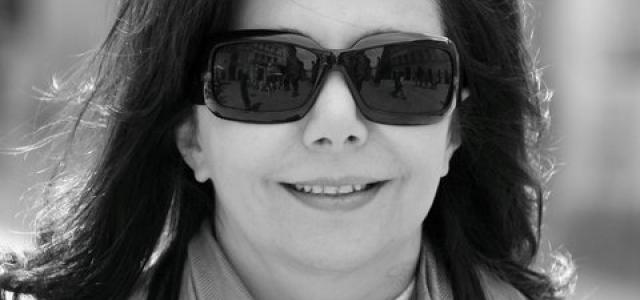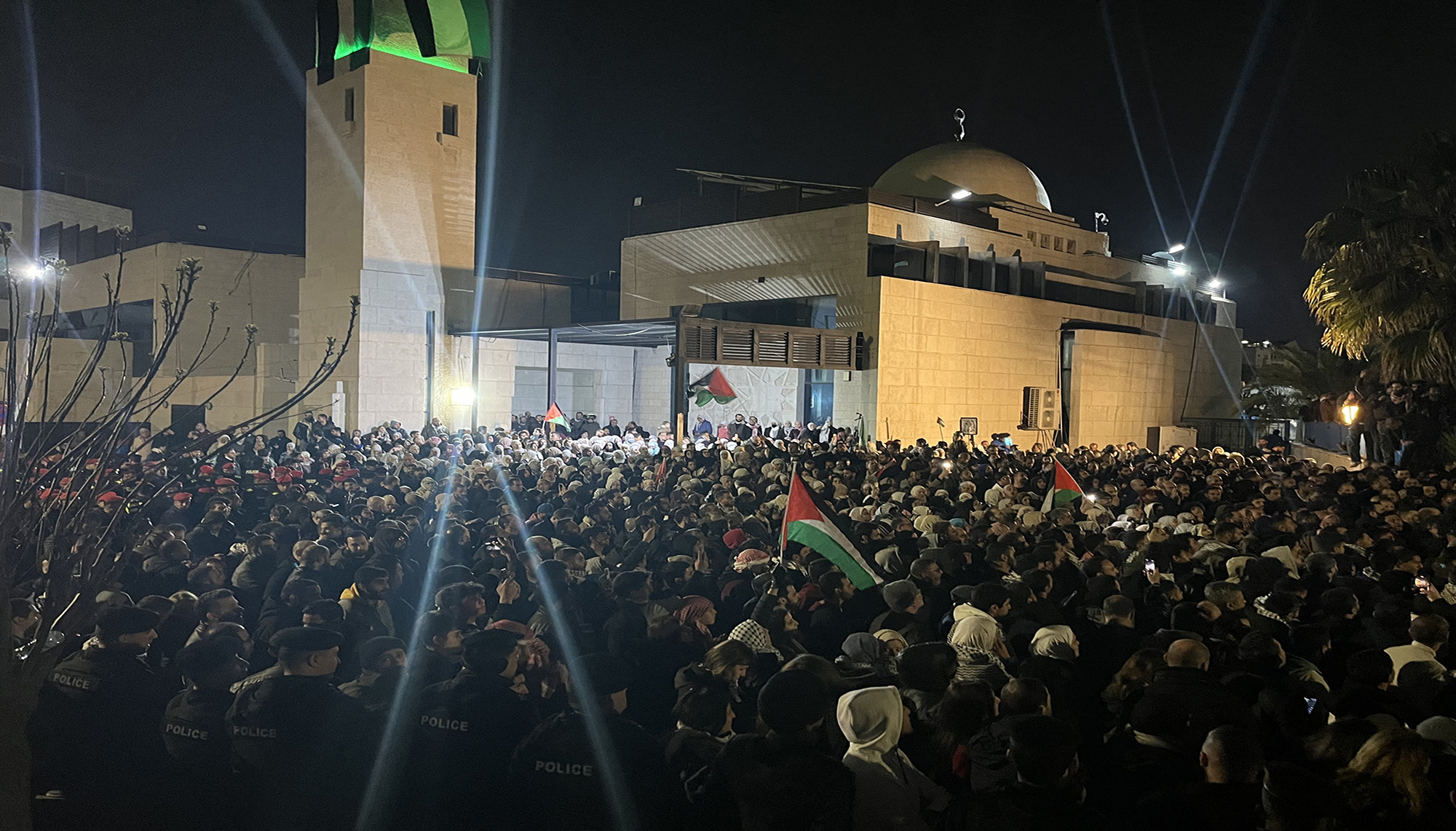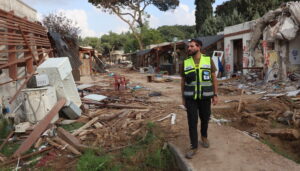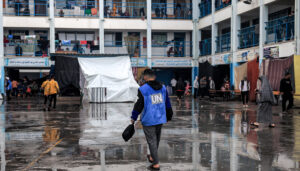By Lamis Andoni
I started working as a reporter for the Jordan Times and Al Rai newspapers in the early eighties.
My enthusiasm for becoming an honest witness to what was happening in Jordan and the region was soon confronted with a reality of a country under martial law. Editors tried to reconcile between the limitations under martial law, in effect since 1956, and good journalism with little success.
Government officials directly interfered to prevent publishing news stories, while the powerful General Intelligence Department GID had heavy influence on newspapers punishing writers who dared to challenge the undefined limitations of what is permissible.
I had to struggle with my editors to get stories published. I knew I was pushing the envelope by not conforming to the official story – whether about domestic politics or American pressure to get Jordan to sideline the Palestine Liberation Organisation (PLO) to represent the Palestinians at what has always been called “the peace process.”
In a short period, while I was making a name for breaking news stories, I found myself at times unwelcome at official press conferences and openly followed by government agents.
I learned that the GID controlled the media by denying journalists press credentials, necessary to cover major stories, or simply denying them entry to press conferences or important Arab meeting convened in the country.
Under surveillance
I managed until one day I was summoned. I arrived at work to be told I was not allowed to write in the newspaper, that the government and the GID did not want to see my name. The publisher however agreed to keep my salary going for doing editorial work provided I stayed invisible at public meetings.
But this did not work for long. Soon after I was denied travel and my passport was confiscated. The interrogations by security started and it became routine to go the GID building to listen to accusations and threats.
I continued trying to defy all threats and constraints by writing for the Guardian newspaper in London. Being under surveillance made it difficult to have access to sources but I depended on writing about ordinary think and feel, how they reacted to government policies.
My defiance, placed under constant pressure and intimidation, gave me more visibility as I continued to publish in the Guardian. That seemed to have worked. Finally King Hussein himself interceded, and I was re-instated and was given back my passport.
But it was a short-lived honeymoon: It was amazing for a short period of time how a reporter could operate without intimidation and with access to official events and officials.
But since I did not change the way I reported, thinking I was doing my job, I was once again a “banned” journalist, again losing my press credentials and passport.
This time around the interrogation was more frequent and under government pressure I was officialy fired by Al Rai and the Jordan Times.
Reporting became more difficult but I started writing in the Financial Times. I could not write frequently due to the interrogations and at times failure to meet with sources as I was placed under surveillance.
The Prime Minister of Jordan, Zaid Al Rifai, then told the Associated Press that I belonged to prison but that Jordan did not send women to prison. He also said that he did not want to bear responsibility of my death in jail after hearing that I lost my kidney.
‘Lucky and spoiled’
I am not sure what kept me going, I really loved my work and was thinking of journalists around the world who lost their lives – so I considered myself lucky if not even spoiled.
After I published an analysis in the Financial Times saying that the government was alienating all sectors of the society by its policies and that some kind of manifestation of protests was expected, I was officially, but not legally, accused of lying and of incitement against the government, and was told that I would never get my passport back again.
The government restrictions made it difficult for me to earn a good income – a tactic that was used to coerce people in different professions to conform. But Jordan, more specifically the south of Jordan, erupted in protests less than two months after my analysis appeared and I was saved.
The King declared a new era of democratisation and issued an amnesty that included returning passports to thousands who were banned from work and travel.
The late King Hussein personally invited me to the palace and asked me for a new page.
Today things have changed a lot: Martial law was lifted 20 years ago and Jordanian electronic news websites are demolishing restrictions every day.
However, the GID still interferes heavily in the media. In recent weeks Jordanian journalists – inspired by the spreading Arab uprisings – have been demanding that the GID and the government keep their hands off the media.
We may be witnessing a revolution in Jordan media, especially that the staff of Al Rai – the partly government-owned biggest Arabic daily – have been staging a sit-in demanding press freedoms.
Although now I mainly work for non-Jordanian news outlets, my heart remains in the Jordanian press where I started. I want to see a freer and more professional Jordanian media.
The Jordanian media has nevertheless come a long way. Martial law was lifted and the advent of satellite Arab channels, mainly Al Jazeera, and the electronic media changed the rules of the game.
The government can no longer keep a tight lid on what is happening. The officiall story, if inaccurate or dishonest – is stripped bare by the satellite channels and bloggers who are not confined by the Jordanian media to reveal the story.
One of the main problems I faced during the eighties was that the story would be killed if not published in a Jordanian newspapers. Yes, I was working for western newspapers but some stories, that are relevant for the Jordanian or Arab readers, were not considered important for these newspapers to publish.
The Arab satellite channels and internet have changed that. Jordanians and Arabs can watch or read their stories being told and their grievances aired and expressed.
But for me some challenges remain the same. For just as governments have their own agenda and try to control the story, so too do most media outlets.
My formative years in journalism have taught me that regardless of the level of freedom, a journalist has to struggle to keep his/her integrity intact. This is what we should be reminding ourselves. Of course part of a journalist’s integrity is to never stop fighting for freedom of expression and a free press – regardless of who one works for.











